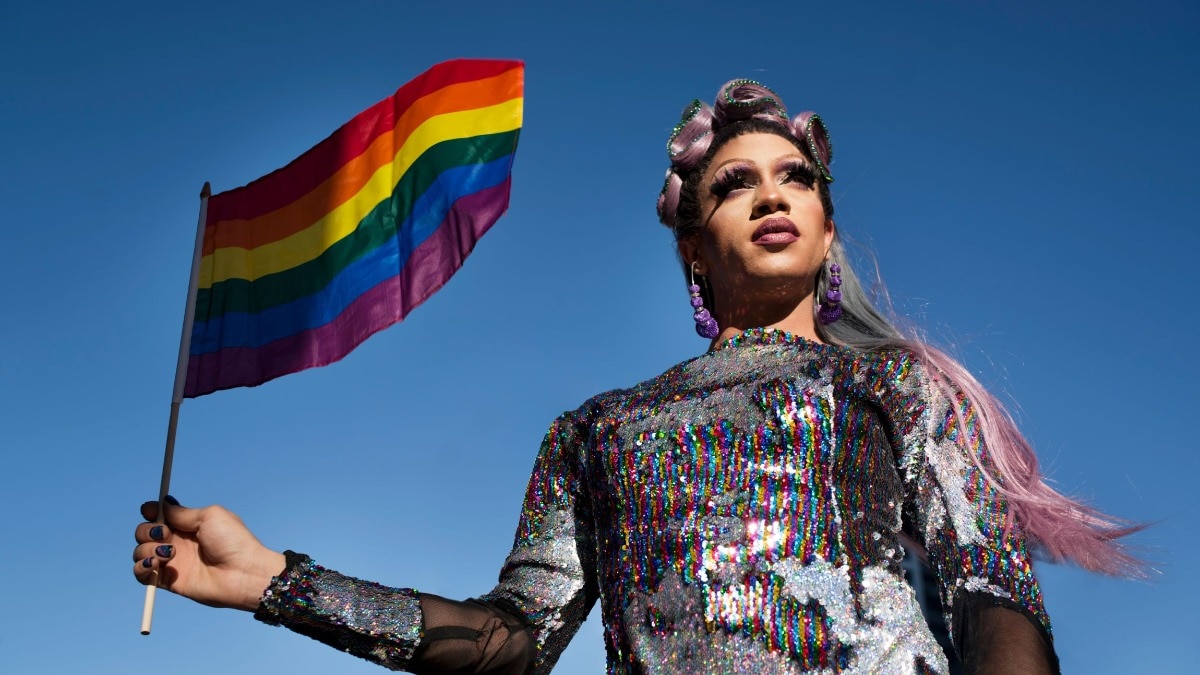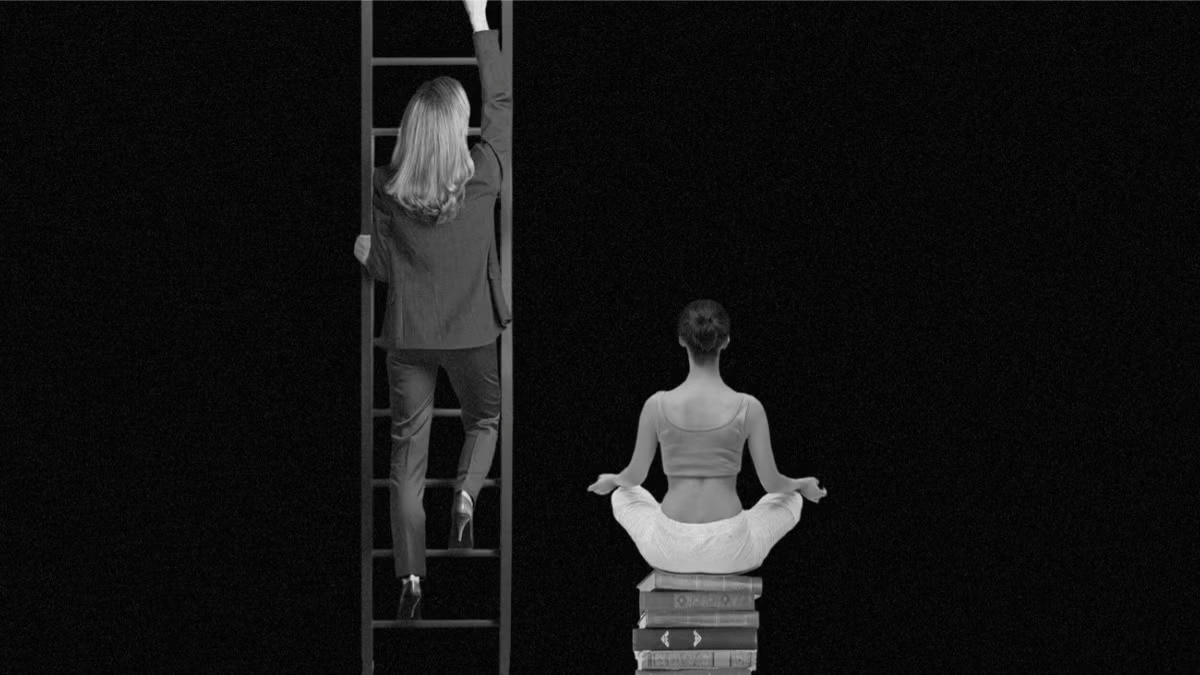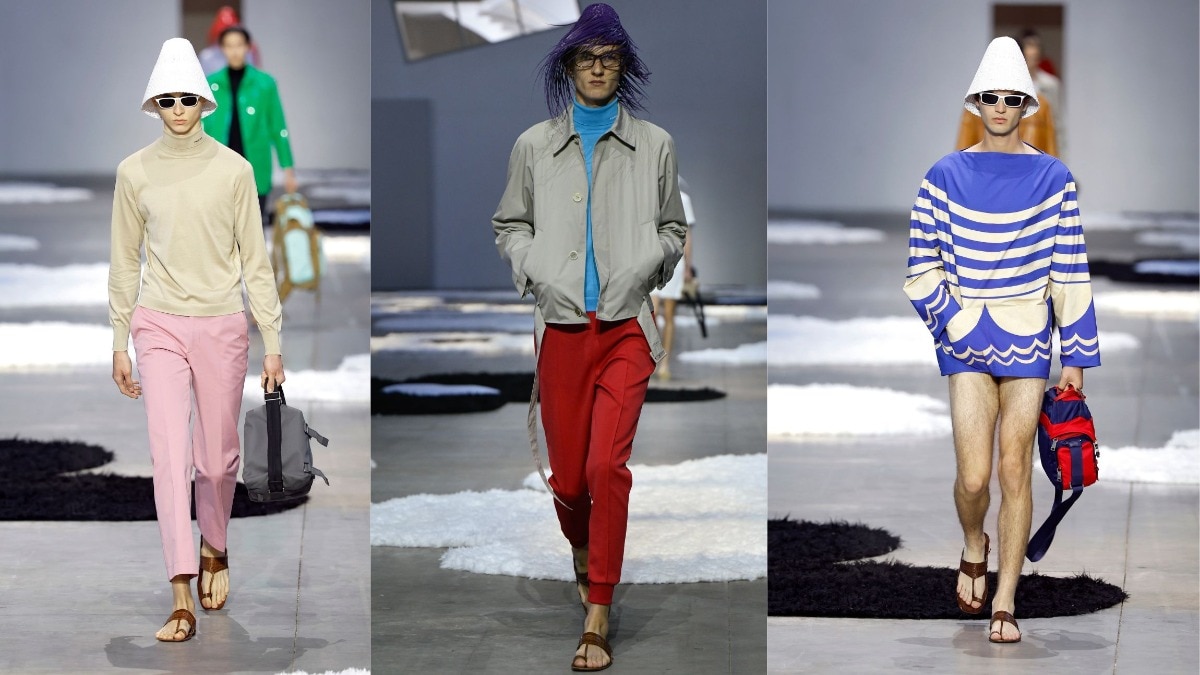Ocean heroes from India are coasting towards making the world a better place
Ready to take a deep dive?


While man fights for the 30 percent of land that exists on planet Earth, a different battle exists in the oceans and seas. The one between those who care versus those who dispose plastic and sewage, not worrying about the consequences. Or the fight between the heroes of marine conservation, doing their best to save the ecosystem, and tourists who are completely unaware that their actions affect countless species living in the deep blue waters.
The situation, though, is not all doom and gloom. We’re seeing the conversations, the change, although slow (but something), as well as the change makers. Harper’s Bazaar spoke to ocean heroes who’ve taken ownership of the situation.
It’s time to take a deep dive!
Shaunak Modi – Co-Founder, Coastal Conservation Foundation

By conducting shore walks at prominent sea shores of the city, the organisation's flagship project, Marine Life of Mumbai, which was started in 2017, has familiarised Mumbaikars with marine life in the city and also opened access to more than 500 species.
Speaking about the impact, Shaunak Modi says, “The narrative around plastic is quite strong. On our walks, we focus on the biodiversity, and at the end of the walk, people ultimately understand why the shore needs to be cleaned.” The findings from the database have proved to be conclusive. Students and researchers have used it for their research, while environmentalists and petitioners against the Mumbai coastal road have used it to make a case for themselves.
Puja Mitra - Founder, Terra Conscious

The founder of Terra Conscious, an organization based out of Goa, has taken her love for dolphins to bridge the knowledge gap that exists amongst boat operators in the state. Making marine conservation a part of the boaters training module, increasing the price and duration of a dolphin boating trip has become a win-win situation for everyone. “Operators are saving petrol since they are observing and earning more. Dolphins are also acting naturally. Customers now understand how their presence impacts these animals and how their choices will shape the evolution of the destination.”
Along with partnering with the life guards of Drishti Marine to establish a monitoring network for marine wildlife, Terra Conscious continues to make a difference by introducing tiny tots to what lies beneath via their Student for Seas programme, workshops, internships, trainings, and more.
Dr. Supraja Dharini – Founder, Sea Turtle Protection Force

Knowing that it would take a community-based multi-disciplinary sea turtle conservation programme to improve the situation, Dr. Supraja Dharini was inspired to save the species after coming across a dead Olive Ridley Turtle on a morning walk at Neelangarai Beach, Chennai, after which she decided to form the Sea Turtle Protection Force (STPF) in 2002. “It’s their livelihood, so it should be their responsibility. It was very important that fishermen got involved in cleaning up and caring for the ecosystem,” says Dr. Surpraja who adds that this helped them immediately connect to the cause. “It was their way of giving thanks to the ocean”. The numbers certainly do the talking, as the STPF members, hailing from fishing villages of Tamil Nadu, Andhra Pradesh, and Odisha, have since 2002 safely released close to 32 lakh hatchlings to the ocean and in 10 months time retrieved 57,363 kg of ghost nets.
Relentless in her pursuit of connecting people to the ocean, Dr. Supraja, who is at the helm of countless awareness programs in schools during the non-turtle season, has a simple message, “All I see now is people living with the ‘me, myself, my selfie’ mantra. They are not living in the moment nor understanding the beauty of nature. Afterall, Dr. Jane Goodall had famously said, ‘Every individual can make a difference’. Take that step and nature will guide you forward.”
Savita Vijayakumar – Co-Founder, Earth CoLab

Ask most of these Ocean Heroes and they’ll tell you how important it is for people to feel connected to nature before they can advocate for the cause. Savita Viyakumar, one of the four founding partners (Tasneem Khan, Umeed Mistry, and Hayat Sadri) of Earth CoLab, feels the same. “You can’t have that conversation (about conservation) if people haven’t built that relationship."
As for people who are looking to build that relationship, Earth CoLab curates a host of learning expeditions across the Indian Ocean. “Our learning programmes unpack the fascinating complexity of natural systems. This transformative approach moves away from the ideas of pristine nature that needs to be untouched by people to one that requires stronger connection between nature and society. We are also deeply interested in honing people's ability to appreciate the micro worlds of nature, be it mycelium networks in forests or the drifting microscopic plankton that forms the life juice of the ocean.” says Vijayakumar, who is curious about how ideas of 'nature' and 'society' are produced and connected to one another and the process of place-making that depicts the oceans as a frontier(s). At Earth CoLab she works with academicians to communicate their work in non-academic formats as well as designs the nature centric curriculum for schools and universities. In the near future, Earth CoLab hopes to start an ocean fellowship programme that supports interdisciplinary skill development of young practitioners.
Aakash Ranison - Climate Activist and Sustainability Advocate

27-year-old climate change activist and sustainability advocate, Aakash Ranison, feels that, “One wouldn’t have to clean plastic if they didn’t use it in the first place.” Having collected as much as 800kg of plastic during a kayaking expedition and a beach-clean up organised by him in Calicut in 2019, it was time for Aakash to do something “jo logo ke dil tak pahuche" (something that would touch people's heart). “I decided to make the ‘World’s First Marine Cemetery’. Out of all the plastic collected, I used about 2,000 plastic bottles to build the climate art installation at Beypore beach, Kozhikode, to pay respect to eight critically endangered marine species.”
The message was loud, yet clear – "This installation will quickly become a reality if you don’t stop,” says Ranison, who is currently in the midst of writing his second a book on climate change.
Dipani Sutaria – Independent Ecologist

According to a 2015 report by the Central Marine Fisheries Research Institute, Indian fishermen catch the second largest number of sharks in the world. Dipani Sutaria and her team collected data in 2015-2016 from manic fish markets to create a baseline understanding of the country’s shark diversity, the catch across size classes, and how to include fisher perspectives in future conservation planning.
Dipani and her colleague manage a detailed website (www.marinemammals.in), a database on whale and dolphins recorded in Indian waters. “The database that we have created and manage is completely accessible to the public and very up-to-date. The Wildlife Institute of India published a paper on it last month or so. Many of the findings have been used for proposals or reports sent to the government.” Her current research activities cover human-animal interactions, marine and aquatic mammals, animal behavior, urban biodiversity assessments, and sustainable development practices. She works with local researchers, institutions, and NGOs at different project locations. “I want to tell people that wildlife conservation also means slow living and environmental consciousness. Consuming less ultimately means resource and habitat protection, and hopefully that leads to species survival. That is the ultimate message.”
Lead Image: Pexels










